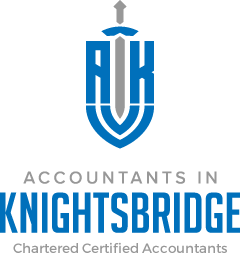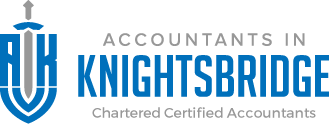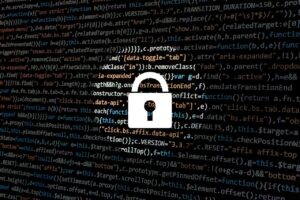With many payroll teams working from home for well over a year there have been new challenges to embrace. But are you sure that all the legal formalities have been properly complied with?
The new normal
If you had said to many payroll teams in February 2020 that they would move to working remotely for the next 18 months they would probably have laughed at you, with all sorts of obstacles cited. In fact, payroll departments have sprung up on kitchen tables and all manner of other places. It’s been assumed that everyone has been paid correctly and on time. But is this really the case? Learning how to calculate, pay and claim under the Coronavirus Job Retention Scheme (CJRS) furlough with over 200 changes along the way has been a real challenge. Now is a good time to check that all the detail has been complied with.
If not you, then who and how?
During the last year compliance teams at HMRC and The Pensions Regulator (TPR) have also eased off field work, understanding the pressures businesses were facing, but the gloves are off again. HMRC is carrying out compliance work on the CJRS via Microsoft Teams as well as by phone and mail. Minimum wage compliance work has restarted with a vengeance, as have checks on employment status in light of the IR35 implementation and the focus is on sole traders and whether they are truly self-employed. TPR has the power to visit any premises being used for business purposes so that includes people’s homes. Its only justification needs to be that it has reasonable grounds to believe that there are electronic or physical documents which are relevant to an investigation into auto-enrolment non-compliance. Obstructing TPR inspections without a reasonable excuse could result in fines of up to £5,000 and potential imprisonment.
Pro advice. To prepare for official home visits alert employees that their home can be viewed as an extension of the business premises and it is their responsibility to make sure that equipment and files are secure.
Pro advice. Carry out an inventory of what equipment is where and review your policies on equipment and data being used in the home environment to ensure that they are fit for purpose and that any official information requests can be complied with quickly.
New ways of working
The move to working from home has led teams to embrace and exploit technology, for example, utilising the electronic distribution of payslips and auto-enrolment letters for the







